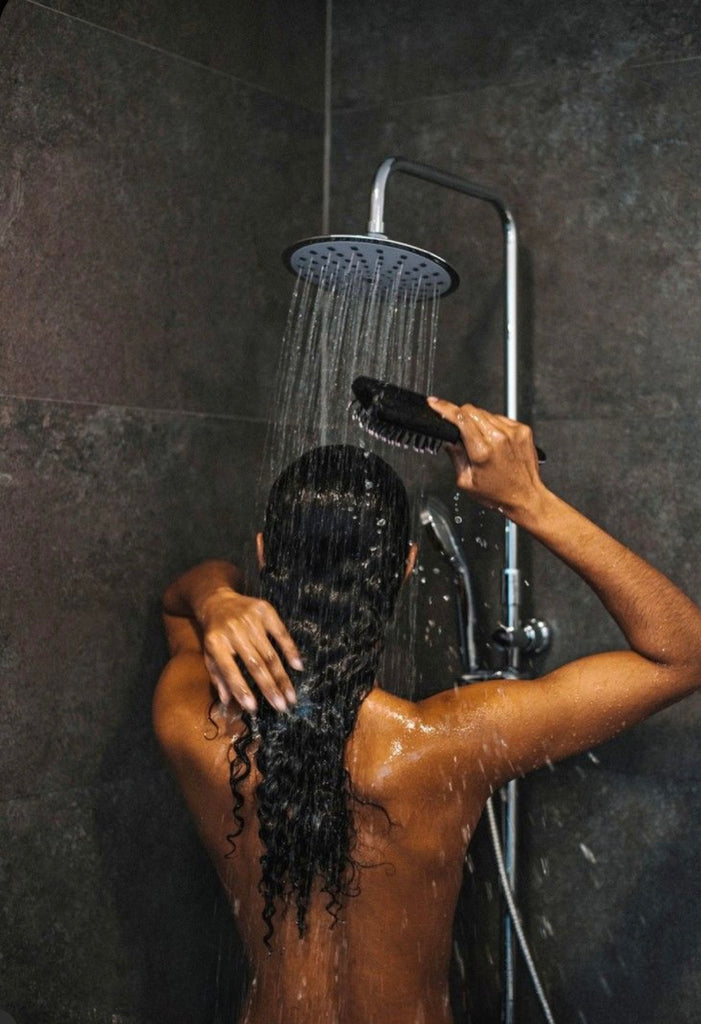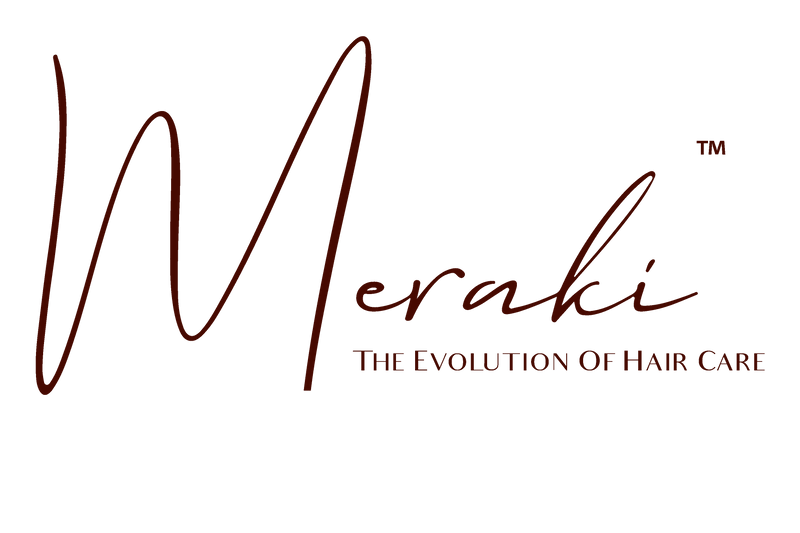Understanding the Impact of Hard Water on Your Hair

Understanding the Impact of Hard Water on Your Hair
Water quality plays a significant role in maintaining healthy hair, and one factor that can have a notable impact is the presence of hard water. Hard water contains high levels of minerals like calcium and magnesium, which can create several issues for your hair. In this blog post, we will delve into the effects of hard water on your hair and explore some practical tips to mitigate its negative effects.
1. What is Hard Water?
Hard water is water that contains dissolved minerals, primarily calcium and magnesium. These minerals are picked up as water passes through rocks, soil, and pipes, making the water "hard." The hardness of water varies depending on geographical location.
2. Effects of Hard Water on Hair:
a) Dryness and Dullness: Hard water can strip your hair of its natural oils, leaving it dry, brittle, and lacking luster. The minerals in hard water can build up on your hair, preventing moisture absorption and making it appear lifeless and dull.
b) Increased Frizz and Tangling: The mineral deposits in hard water can cause your hair cuticles to roughen, leading to increased frizz and tangles. This can make it more challenging to manage and style your hair.
c) Color Fading: If you have color-treated hair, hard water can cause the color to fade more quickly. The mineral deposits can strip away the color molecules from your hair strands, resulting in a duller appearance.
d) Scalp Irritation: Hard water can also contribute to scalp dryness and irritation. The mineral buildup on the scalp can clog pores and disrupt the natural balance, leading to itchiness, flakiness, and even dandruff.
3. Tips to Minimize Hard Water Effects:
a) Clarifying Shampoos: Use clarifying shampoos once or twice a month to remove mineral buildup from your hair. These shampoos are specifically formulated to eliminate residue and restore hair's natural shine.
b) Vinegar Rinse: A vinegar rinse can help combat mineral buildup. Mix one part vinegar with three parts water and use it as a final rinse after shampooing. The acidic nature of vinegar helps remove mineral deposits and restore pH balance.
c) Water Softening Solutions: Consider installing a water softening system or using a showerhead filter designed to reduce mineral content in water. These solutions can help minimize the effects of hard water on your hair.
d) Protective Hairstyles: Opt for protective hairstyles like braids, buns, or updos to minimize exposure to hard water. By keeping your hair contained and protected, you can reduce the accumulation of mineral deposits.
Hard water can be detrimental to the health and appearance of your hair. Understanding its effects and taking proactive measures to minimize its impact can help you maintain luscious, vibrant hair. By incorporating these tips into your hair care routine, you can counter the negative effects of hard water and promote the overall well-being of your hair.
Water quality plays a significant role in maintaining healthy hair, and one factor that can have a notable impact is the presence of hard water. Hard water contains high levels of minerals like calcium and magnesium, which can create several issues for your hair. In this blog post, we will delve into the effects of hard water on your hair and explore some practical tips to mitigate its negative effects.
1. What is Hard Water?
Hard water is water that contains dissolved minerals, primarily calcium and magnesium. These minerals are picked up as water passes through rocks, soil, and pipes, making the water "hard." The hardness of water varies depending on geographical location.
2. Effects of Hard Water on Hair:
a) Dryness and Dullness: Hard water can strip your hair of its natural oils, leaving it dry, brittle, and lacking luster. The minerals in hard water can build up on your hair, preventing moisture absorption and making it appear lifeless and dull.
b) Increased Frizz and Tangling: The mineral deposits in hard water can cause your hair cuticles to roughen, leading to increased frizz and tangles. This can make it more challenging to manage and style your hair.
c) Color Fading: If you have color-treated hair, hard water can cause the color to fade more quickly. The mineral deposits can strip away the color molecules from your hair strands, resulting in a duller appearance.
d) Scalp Irritation: Hard water can also contribute to scalp dryness and irritation. The mineral buildup on the scalp can clog pores and disrupt the natural balance, leading to itchiness, flakiness, and even dandruff.
3. Tips to Minimize Hard Water Effects:
a) Clarifying Shampoos: Use clarifying shampoos once or twice a month to remove mineral buildup from your hair. These shampoos are specifically formulated to eliminate residue and restore hair's natural shine.
b) Vinegar Rinse: A vinegar rinse can help combat mineral buildup. Mix one part vinegar with three parts water and use it as a final rinse after shampooing. The acidic nature of vinegar helps remove mineral deposits and restore pH balance.
c) Water Softening Solutions: Consider installing a water softening system or using a showerhead filter designed to reduce mineral content in water. These solutions can help minimize the effects of hard water on your hair.
d) Protective Hairstyles: Opt for protective hairstyles like braids, buns, or updos to minimize exposure to hard water. By keeping your hair contained and protected, you can reduce the accumulation of mineral deposits.
Hard water can be detrimental to the health and appearance of your hair. Understanding its effects and taking proactive measures to minimize its impact can help you maintain luscious, vibrant hair. By incorporating these tips into your hair care routine, you can counter the negative effects of hard water and promote the overall well-being of your hair.


Leave a comment